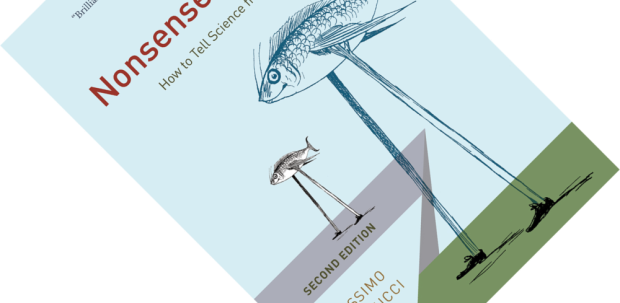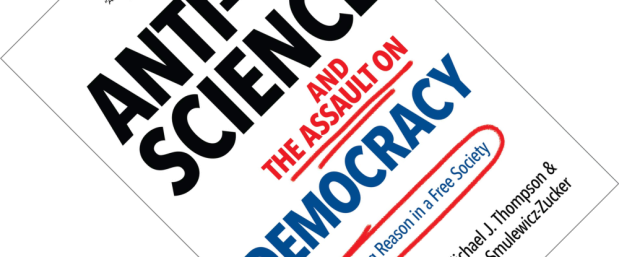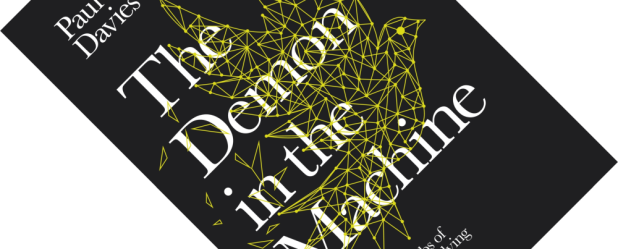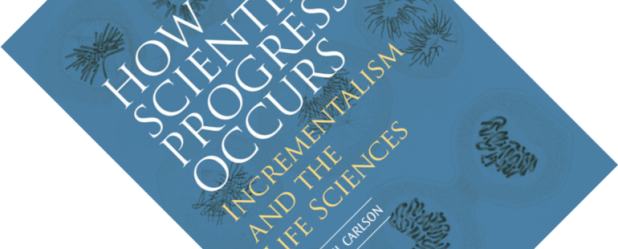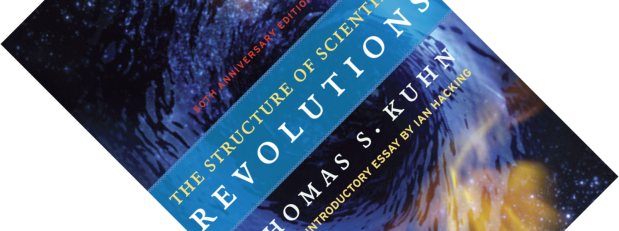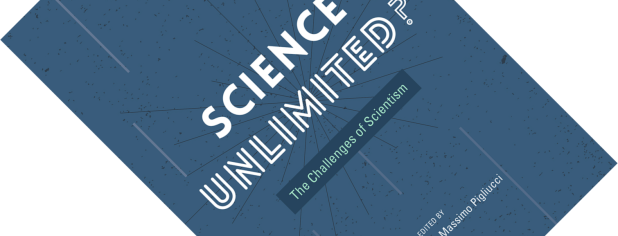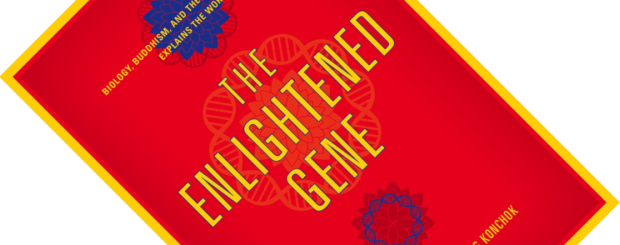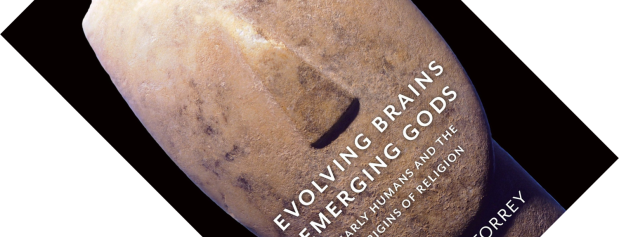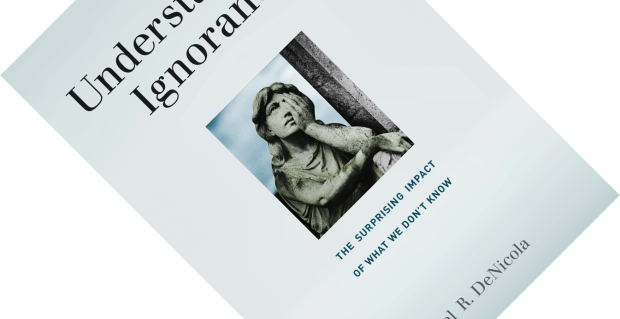In a time of fake news and alternative facts, being able to separate the proverbial scientific wheat from the pseudoscientific chaff is vitally important. But seeing the wide acceptance of a lot of dubious ideas, critical thinking does not come easily. So, how, then, do you tell science from bunk? Updating his 2010 book Nonsense on Stilts, evolutionary biologist and philosopher Massimo Pigliucci once again attacks this problem from many sides. Going far beyond cheap potshots at pseudoscience, I found a book that takes an equally serious look at the more insidious phenomena of think tanks and postmodernism, with a healthy side-serving of history of science. The result is a readable introspection on what science is and how it is done.
philosophy
Book review – Anti-Science and the Assault on Democracy: Defending Reason in a Free Society
Long-term readers of this blog will be aware that the proliferation of pseudoscience and anti-scientific sentiments disturb me deeply. As someone with a scientific training, my concerns are foremost academic. But as the contributors to this edited collection wish to show, these anti-intellectual trends also impact democracy. This is perhaps nowhere more pronounced than in the USA and Anti-Science and the Assault on Democracy is therefore appropriately US-centric. It is also rather academic and scholarly in tone, more so than other works aimed at a general audience.
Book review – The Usefulness of Useless Knowledge
Of all the threats to free scientific enquiry, there is one that is perhaps not put on the foreground as much as it should be: the pressure of scientific findings to have immediate, practical applications. In the current climate of chronic funding shortages and anti-scientific sentiments that flourish in both society and politics, it is a problem that is overtaken by more urgent concerns. But just as the delay in developing new antibiotics due to the costs of R&D will cause severe problems in the long term, so this intellectual straitjacket will have long-term consequences that are not immediately apparent. This slim volume shows these concerns are far from new. In fact, they were at the roots of the founding of a remarkable institute.
Book review – The Demon in the Machine: How Hidden Webs of Information Are Finally Solving the Mystery of Life
So, quick question for you. What is life?
Sorry, that’s a trick question, for the answer to this is anything but quick. The mind-boggling complexity that is life, even something as “simple” as a bacterium, somehow arises from atoms and molecules. And yet, physics and chemistry as we currently know it seem incapable of answering how life’s complexity emerges from its constituent parts. With The Demon in the Machine, well-known physicist and cosmologist Paul Davies takes a stab at it, saying we are on the verge of a breakthrough.
Book review – How Scientific Progress Occurs: Incrementalism and the Life Sciences
This review is part of a double bill. Cold Spring Harbor Laboratory Press recently published How Scientific Progress Occurs: Incrementalism and the Life Sciences. In it, Elof Axel Carlson explores the relevance to biology of the ideas Thomas S. Kuhn formulated in his book The Structure of Scientific Revolutions. Having read both books back-to-back, this review follows on the one of Kuhn’s book.
Book review – The Structure of Scientific Revolutions (50th Anniversary Edition)
This review is part of a double bill. Cold Spring Harbor Laboratory Press recently published How Scientific Progress Occurs: Incrementalism and the Life Sciences. In it, Elof Axel Carlson explores the relevance to biology of the ideas Kuhn formulated in his book The Structure of Scientific Revolutions. This is one of those classics already on my to-do list, so I have read both books back-to-back and will review them one after the other. Anyway, who is this Kuhn and why should you care? Virtually everyone will have heard the buzzwords “paradigm” and “paradigm shift” – and for that, you can thank Kuhn.
Book review – Science Unlimited? The Challenges of Scientism
You only have to look at the name of this blog to realise that I am a cheerleader of scientific enquiry. The advances in knowledge we have made, and the pace at which it is proceeding, are breathtaking. Yet, there are plenty of people who are not comfortable with the way science has pervaded our lives and cry foul, hurling the accusation of scientism. But what is this beast called scientism? Philosophers Maarten Boudry and Massimo Pigliucci have here collected a diverse and sometimes technical collection of contributions to discuss what scientism is and reflect on how useful a term it really is.
Book review – The Enlightened Gene: Biology, Buddhism, and the Convergence That Explains the World
I sometimes wonder whether I am a closet Buddhist. Now, I will be the first to admit that I know next to nothing about Buddhism, but what little I have encountered often strikes a chord with me. The Enlightened Gene shows there might be a good reason for this. This book chronicles a most unlikely project: the Emory-Tibet Science Initiative. On the invitation of the Dalai Lama no less (!), Emory University has developed a science curriculum to be taught to Tibetan monks and nuns in exile in India. Spearheaded by professor Arri Eisen and in close collaboration with monk Geshe Yungdrung Konchok, the aim is to integrate modern science (focusing on physics and life sciences, especially neuroscience) into their monastic curriculum.
Book review – Evolving Brains, Emerging Gods: Early Humans and the Origins of Religion
As mentioned previously in my review of Barbara King’s Evolving God, religion is a pervasive phenomenon, and many scholars have put forward explanations of how, when, and why it arose. The arguments King put forth did not convince me that religion is anything more than a by-product of our evolution. Apparently, so did Darwin. Though believers often like to point out Darwin was a Christian too, he struggled to reconcile the two and ultimately lost his faith. American psychiatrist E. Fuller Torrey gracefully acknowledges this intellectual heritage and here updates this idea, putting forth the convincing argument that religion arose as a by-product of brain evolution.
Book review – Understanding Ignorance: The Surprising Impact of What We Don’t Know
Ignorance has been the cause of a lot of hand-wringing in the last few years (not least by myself). There has been a disturbing trend in anti-intellectualism, coupled with a rise in conspiracy theories, misinformation and pseudoscience. I have blogged elsewhere about this topic and hope to review many of the books mentioned there in due course. In his new book Understanding Ignorance, DeNicola, professor of philosophy at Gettysburg College, Pennsylvania, starts off voicing similar concerns about an all-round increase in ignorance. But is ignorance simply a lack of knowledge?

